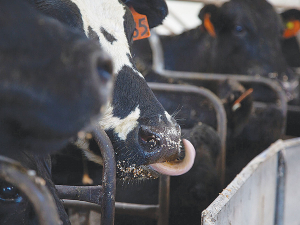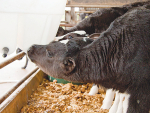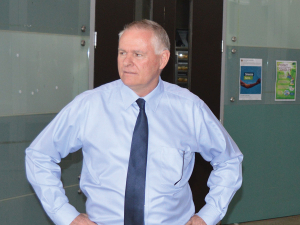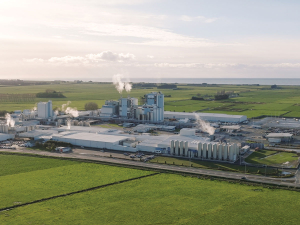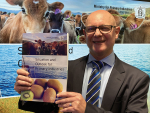And mineral supplements manufacturer C P Lime says meeting these demands with effective and targeted mineral supplementation is key to reducing clinical issues and enhancing productivity.
It says the use of its product Vitalise — a pelletised mineral supplement — is proving to be an innovative and practical solution for supporting herd health throughout this critical period.
The company says conditions like milk fever (hypocalcaemia), grass staggers (hypomagnesaemia), and facial eczema are prevalent across New Zealand dairy herds.
“Most farmers will experience at least one of these each season. While emergency supplementation during calving is standard practice, prevention is always preferable.
“Good mineral supplementation doesn’t just address visible health issues — it also supports cows at a sub-clinical level, helping maintain production and fertility even in the absence of outward symptoms. Waiting until blood tests reveal a deficiency often means the damage to milk production and long-term health has already been done.”
Vitalise provides more than just calcium and magnesium – it provides comprehensive nutritional support. It can be custom blended with essential trace elements like copper, cobalt, iodine zinc and selenium, depending on specific herd requirements and seasonal challenges such as mating or facial eczema risk periods.
Read More:
- Good nutrition will support smooth calving
- Minerals make a difference
- Pelletised minerals the way to go?
For herds on fodder beet diets, Dicalcium Phosphate can be added to prevent low calcium and phosphate levels, a common risk.
Biotin can also be a useful addition for skin and hoof health, and yeast cultures to improve rumen health.
Monensin, another additive option, improves rumen function and supports optimal cow condition, reducing issues like ketosis and bloat while enhancing in-calf rates and protein production.
The company says Vitalise’s pellet form ensures every cow receives an accurate dose, reducing waste and cost.
Its versatility — from standard to custom blends — and seamless integration into in-shed systems make it an ideal tool for modern dairy farming, it adds.
“It is 100% utilisable, ensuring accurate dosing either via a mineral dispenser or by pre-blending with your local feed supplier. Our ethos is “little and often,” with easily adjustable dose rates to meet seasonal herd needs.
“Whether you’re preparing for calving, navigating mating, or simply maintaining optimal herd health year-round, Vitalise delivers the right nutrients at the right time.
“With over 10 years of proven performance, Vitalise is more than a mineral supplement; it’s a proactive solution to improve animal welfare, reduce stress during calving, and optimise farm productivity all season long,” the company says.

